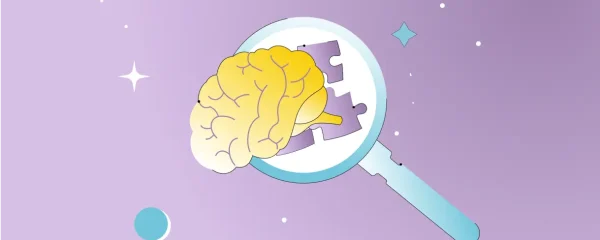A few weeks ago, the world celebrated the 1000th word in Josh Wardle’s popular 5-letter 6-try game, Wordle. Platforms like Duolingo, Uber, Spotify and Headspace all celebrated the occasion with special offers and discounts. Since its inception, the uptake of the game skyrocketed, and it was acquired by the New York Times in 2022 for an undisclosed 7-figure sum. What about this game made it so popular, and why did it appeal to us in the way that it did?
Fundamentally, a puzzle is a challenge. As your eyes dart across sudoku quadrants or scan an escape room, your brain is engaging its critical thinking, creative and problem solving capabilities. Solving is a reward – it releases dopamine, making us seek out similar feelings in the future. One of the most famously used brain teasers is what is called the Monty Hall problem. The premise of the American TV show ‘Let’s Make a Deal’, hosted by Monty Hall for 28 years, presented participants with a dilemma:
Suppose you face 3 doors. Behind one door is a car. Behind the other, goats. You pick a door (call it door 1). You’re hoping for the car of course. The host examines the other doors (2 & 3) and opens one with a goat. (If both doors have goats, he picks randomly). Here’s the game: Do you stick with door 1 (original guess) or switch to the unopened door? Does it matter?
Follow this link to try the game yourself, and see why switching gives you a better chance of winning. Most research has focused on why people stick to their original choice: because they’d feel worse if they had moved from a winning door to a losing one, than if they had stuck with the losing door. Essentially, we don’t like when our brains are teased too much. We like some sense of control, even if it’s control of a loss. In a deep-dive on Wordle’s popularity during the pandemic, Vox suggested an extension of this idea – that Wordle’s simplicity is exactly what a burnt-out COVID-processing brain needed. It allowed us to be part of a cultural phenomenon even though we played it alone.


